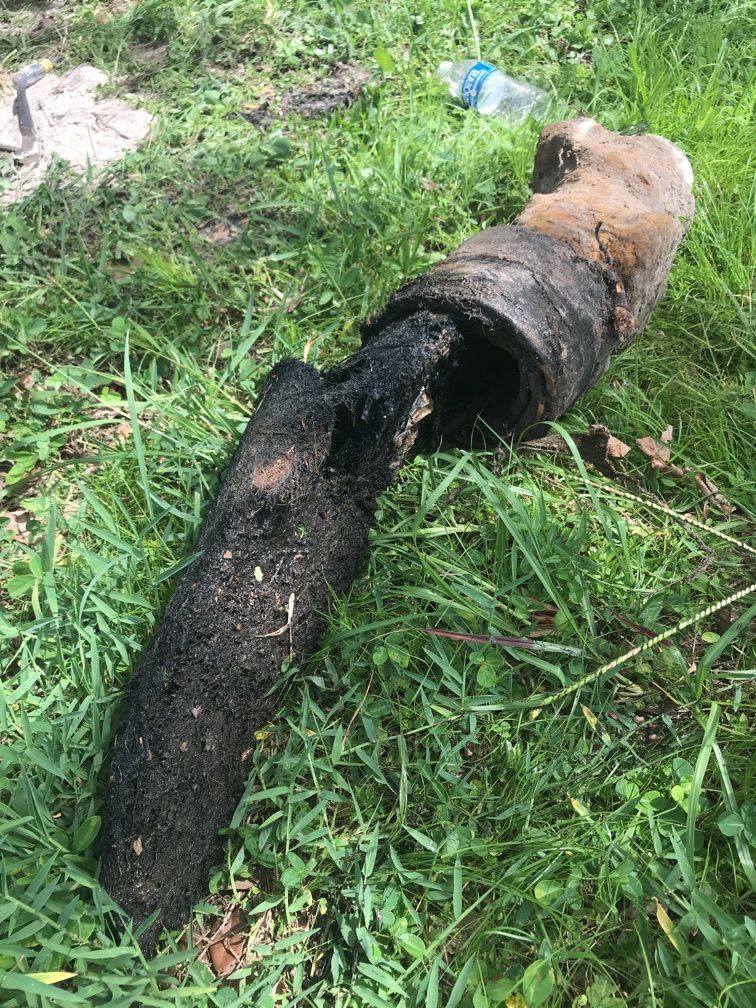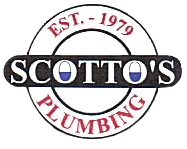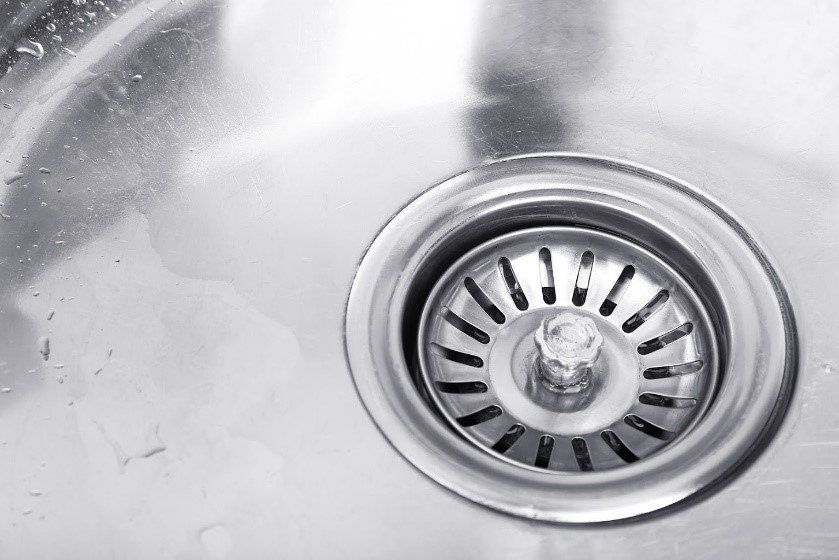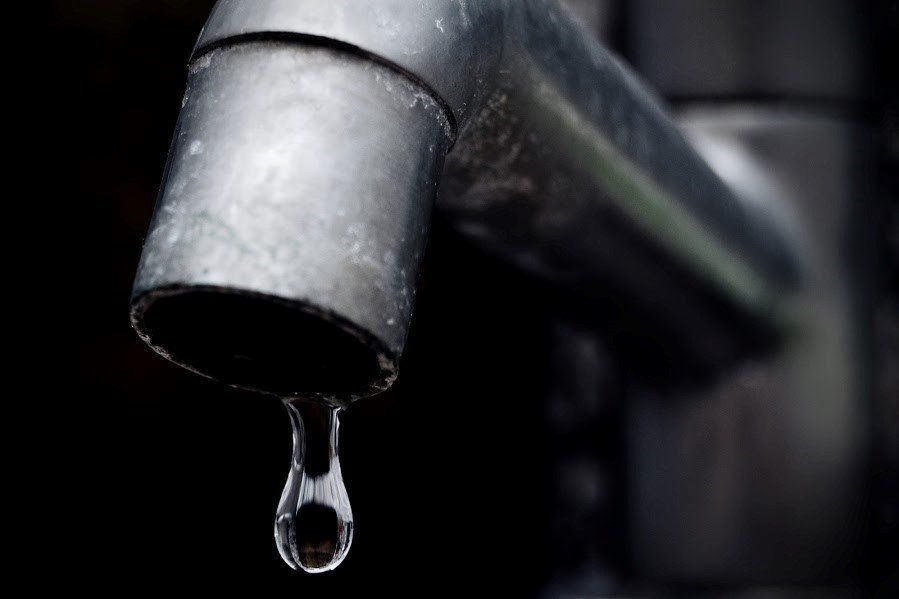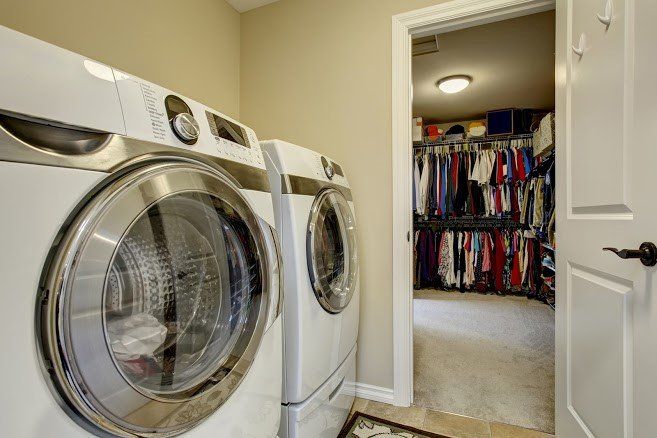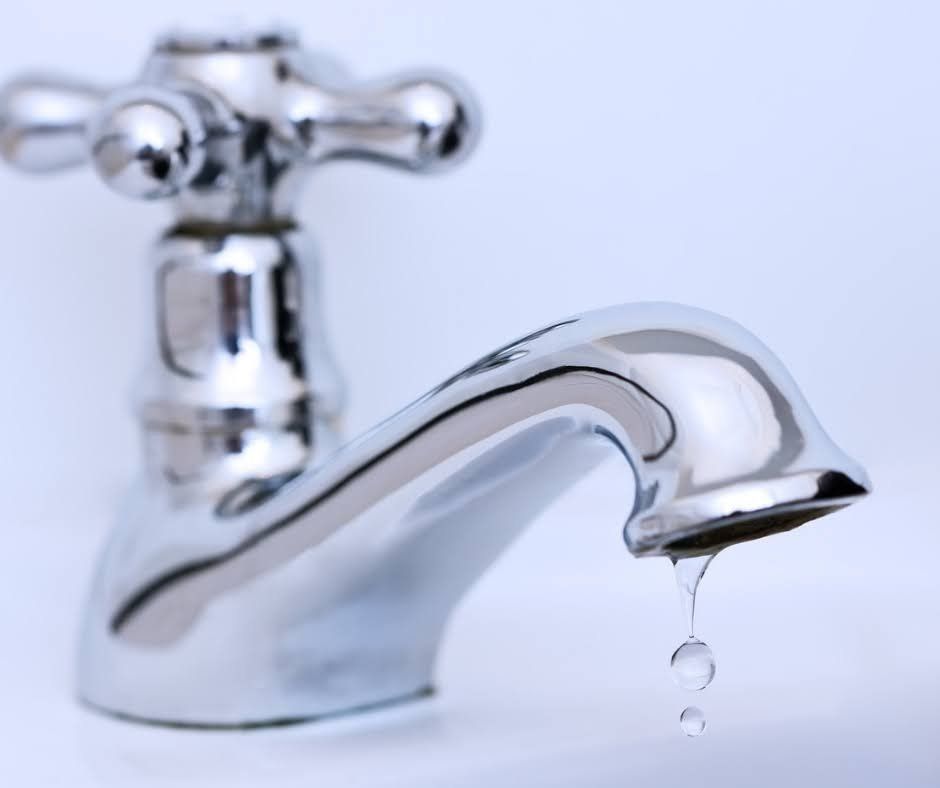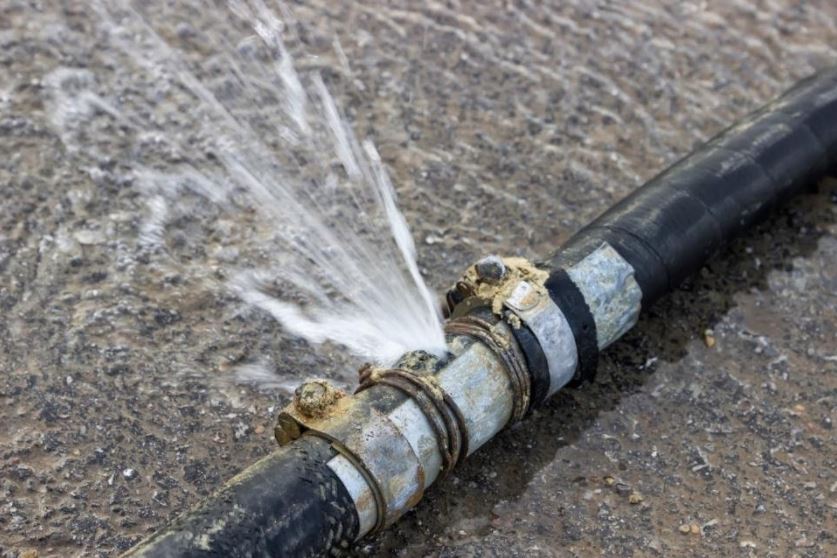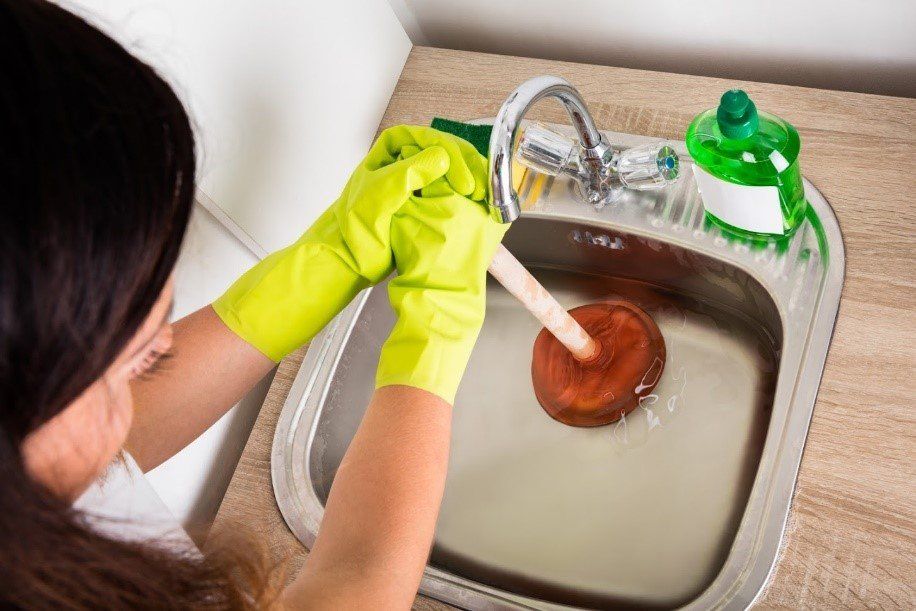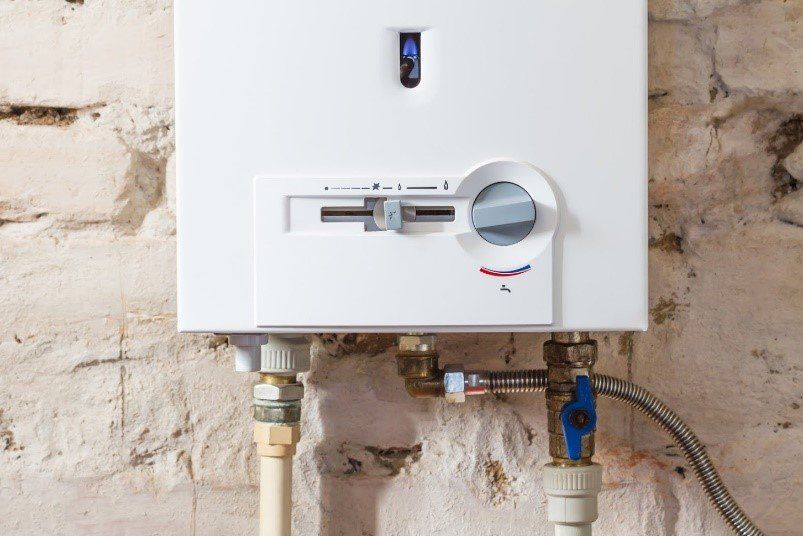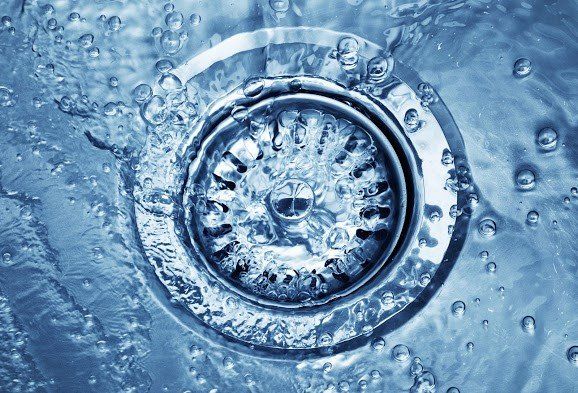Should You Choose Reverse Osmosis Water Treatment for Your Home?
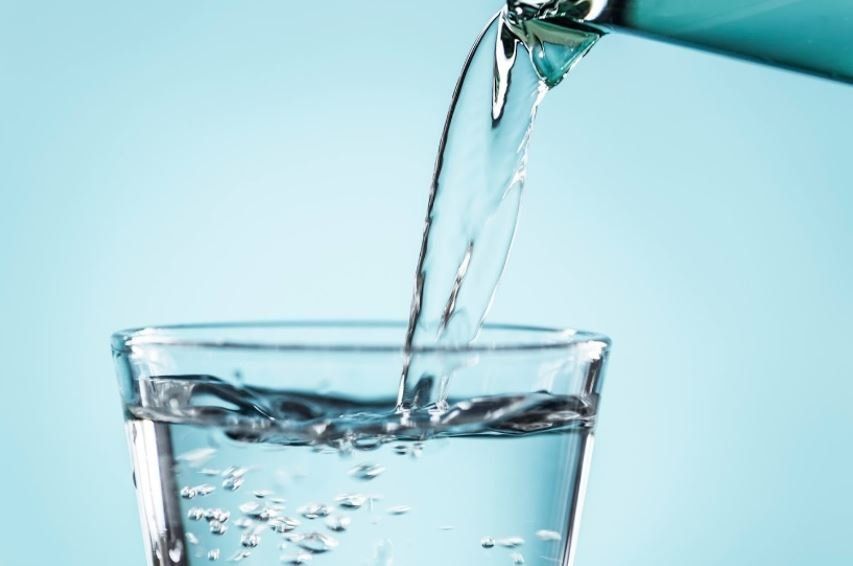
If the municipal water supply in your area is not as clean and pure as you would like, installing a water treatment system in your home can be a cost-effective way to improve its purity and taste. Reverse osmosis (or RO) systems are particularly popular and have numerous advantages over other commonly used water treatment systems.
However, while reverse osmosis systems are highly versatile, they do have their limitations, and may not be the best water treatment solution for every home. To determine whether a reverse osmosis system is the best water treatment option for your home, keep reading this blog.
How Do Reverse Osmosis Water Treatment Systems Work?
Most reverse osmosis water treatment systems found in homes purify water using a multi-stage process. First, the water supply is forced through a basic sediment or carbon block filter, which removes chlorine, volatile organic compounds, and sediment particles from the water. Once you remove these contaminants, your system's reverse osmotic filter comes into play.
Reverse osmotic filters are highly specialized synthetic membranes with microscopic pores. As pressurized water is forced through this membrane, these pores allow individual water molecules to pass through but capture and contain any unwanted contaminants that survived the pre-filtration process.
The pores in a high-quality reverse osmotic membrane are approximately 0.0001 microns in diameter according to the CDC, which is many times smaller than the smallest viruses known to science, and only slightly larger than a single water molecule.
As a result, reverse osmosis filters can remove almost any type of unwanted substance from your home's municipal water, including lead molecules, cryptosporidium parasites, and other dangerous contaminants.
Once the water has passed through the membrane, it goes through a final stage of carbon filtration to ensure purity. At this stage, some RO systems will also reintroduce beneficial minerals, such as calcium and magnesium, back into the treated water. This helps to improve the water's taste and makes it less acidic.
Are Reverse Osmosis Water Treatment Systems Right for You?
Reverse osmosis water treatment systems are the last word in residential water treatment and provide water of unrivaled purity. Installing one of these systems in your home can have numerous benefits: they eliminate water spotting on your dishes and laundry, prevent contaminants from tarnishing metal faucets and fixtures, and can reduce your reliance on bottled water by improving the taste and purity of your tap water.
Despite their relative complexity, reverse osmosis systems are also very reliable and require less maintenance than other commonly used water treatment systems. Their integrated filters and membranes will need to be replaced every 6–12 months, but otherwise, these systems require very little upkeep to stay functional.
However, these powerful water treatment systems will only function correctly if water passes through them at a relatively high pressure and rate of flow. If your home's water supply is sluggish, you may need to install a separate pump to increase water pressure before it passes through the filtration membrane. Some RO systems are fitted with integrated booster pumps to sidestep this problem.
You should also be aware that reverse osmosis systems create a significant amount of water waste. For every gallon of purified water they produce, approximately four gallons of wastewater is flushed down your drains. This may not be ideal if you are trying to reduce your home's water consumption.
RO systems also function more slowly than some other types of water treatment systems. Faucets and fixtures attached to the system may run dry if you need very large quantities of purified water in a short space of time. If your home has high water requirements, it is worth spending a little extra on an RO system with a built-in, high-capacity water storage tank, which will increase the system's capacity.
If you have any more questions about the benefits and limitations of reverse osmosis treatment systems, or you want to know about other water purification options, contact the water treatment experts at Scotto's Plumbing.
